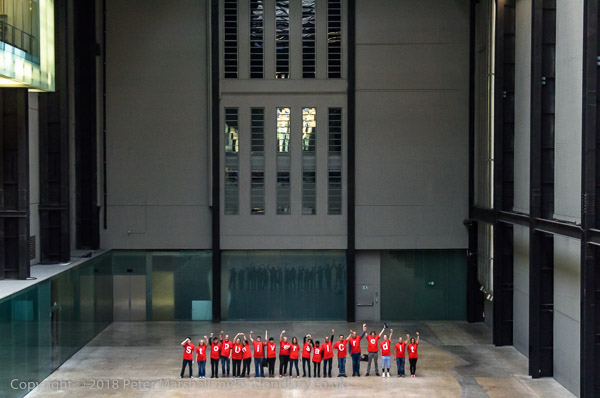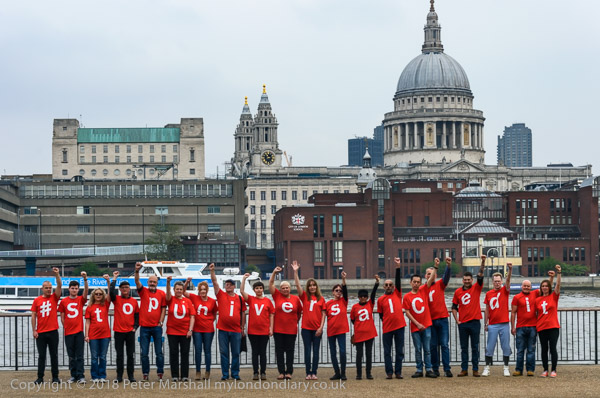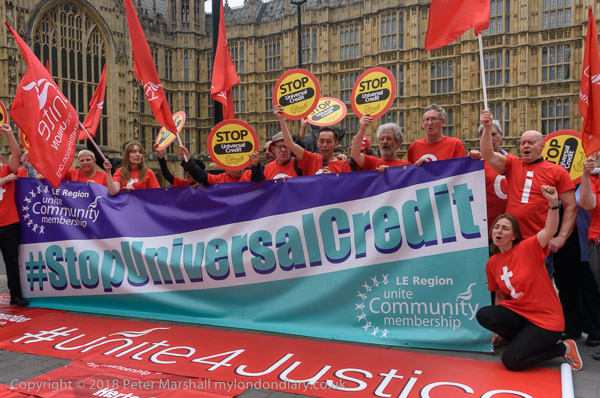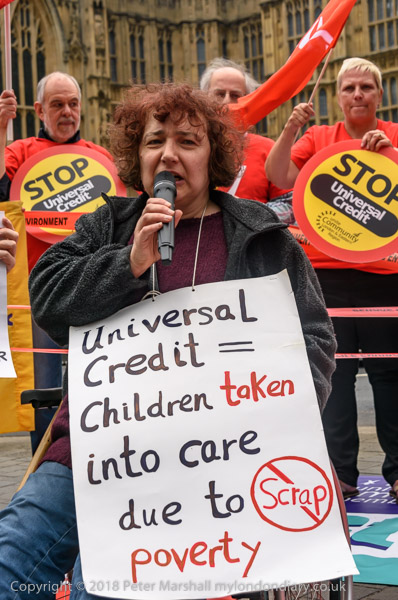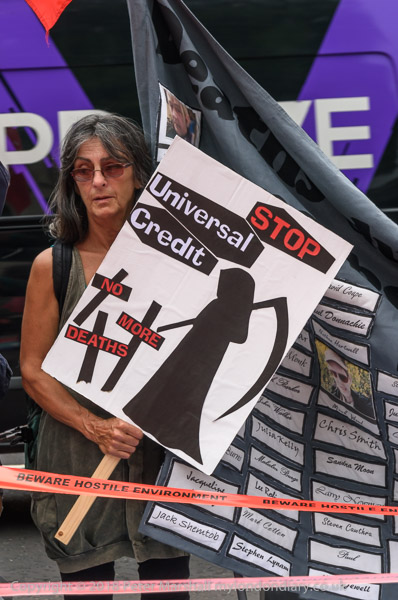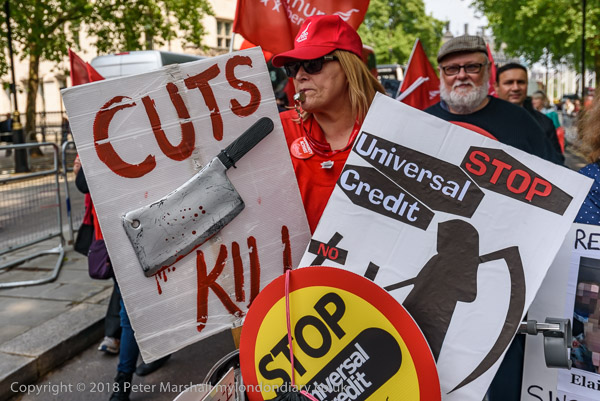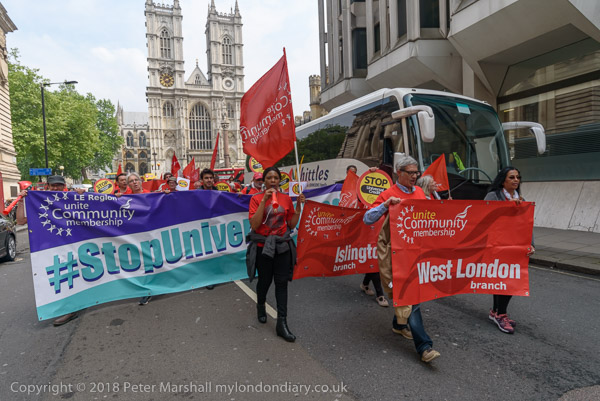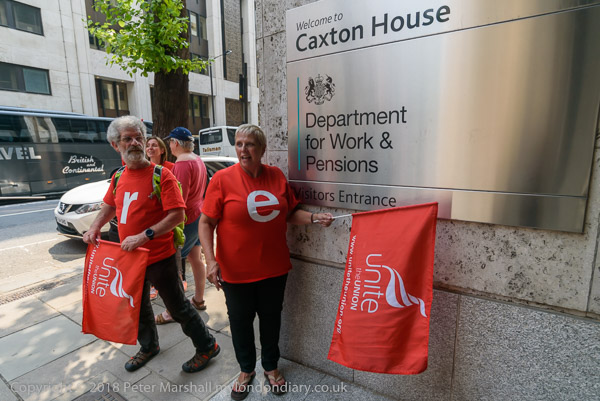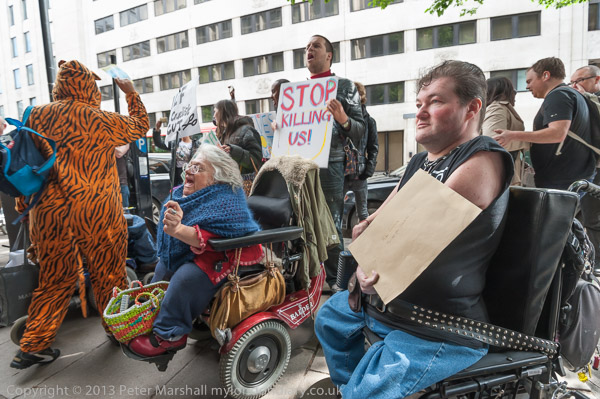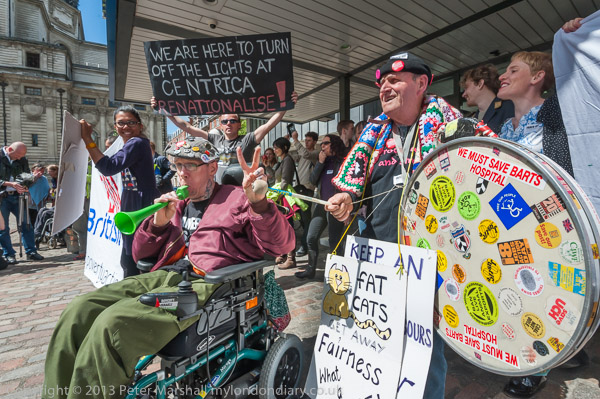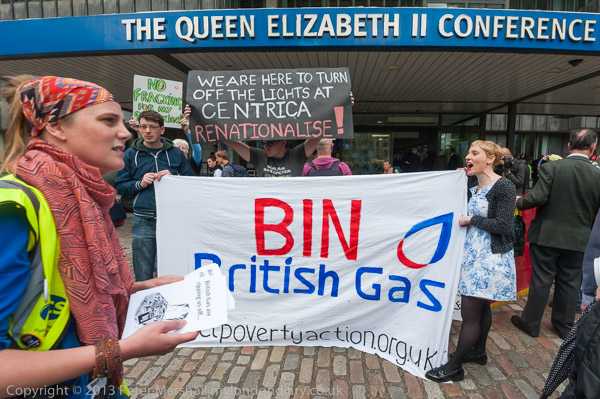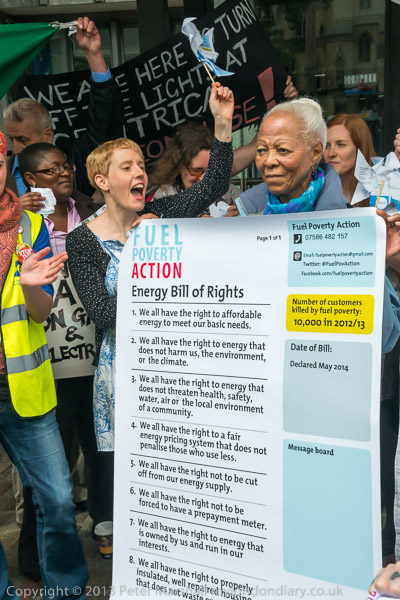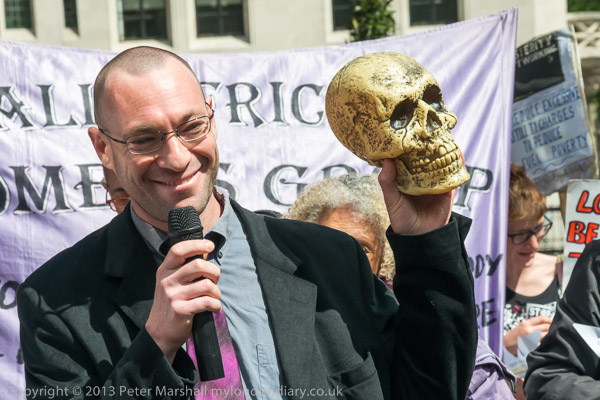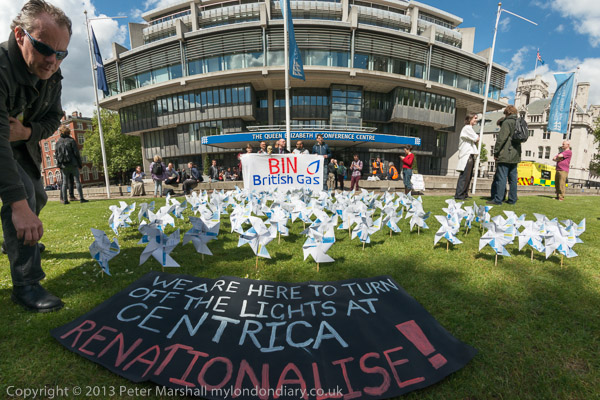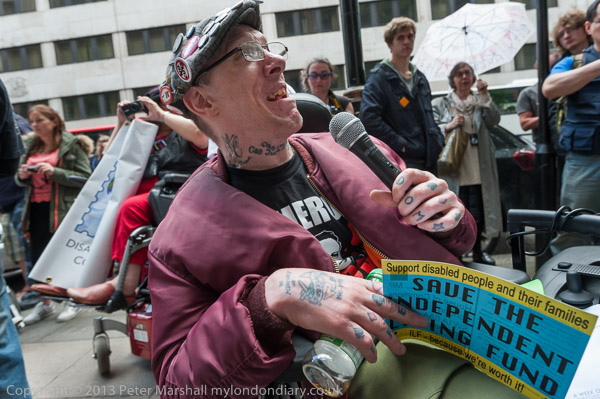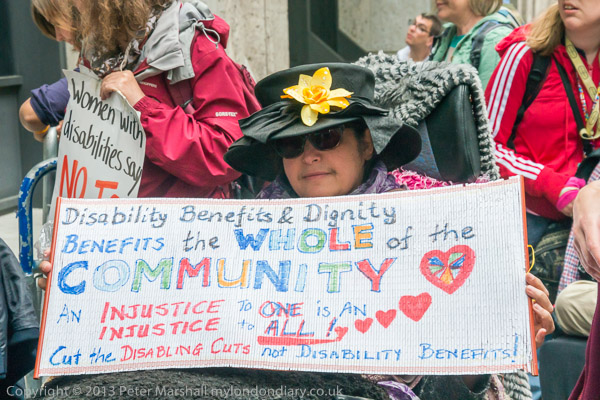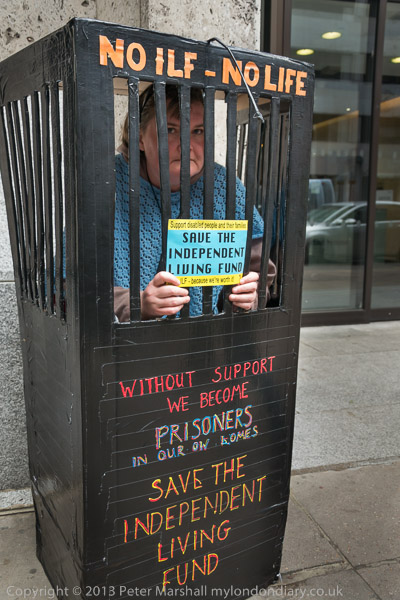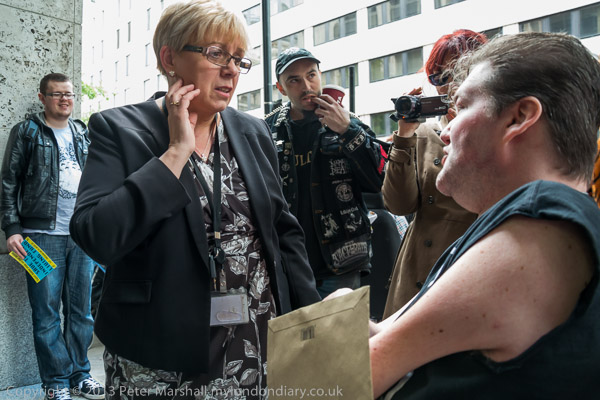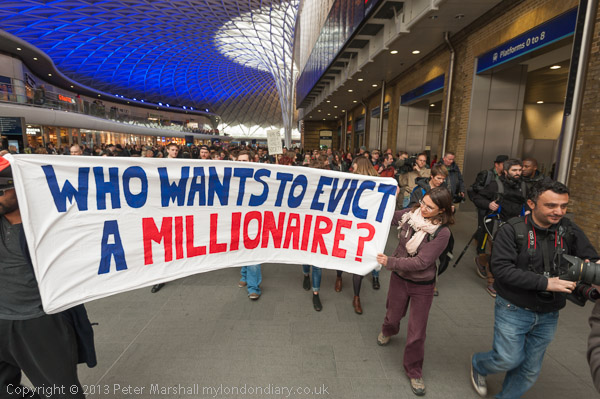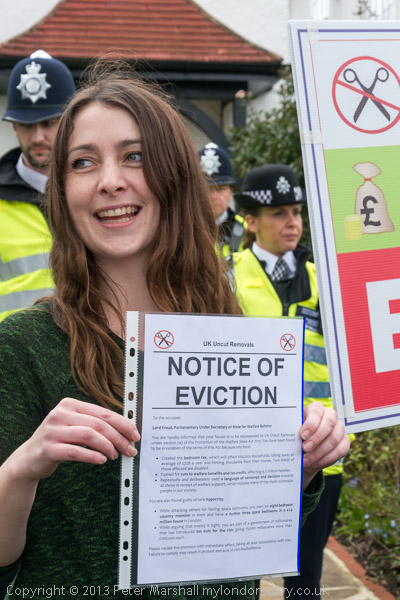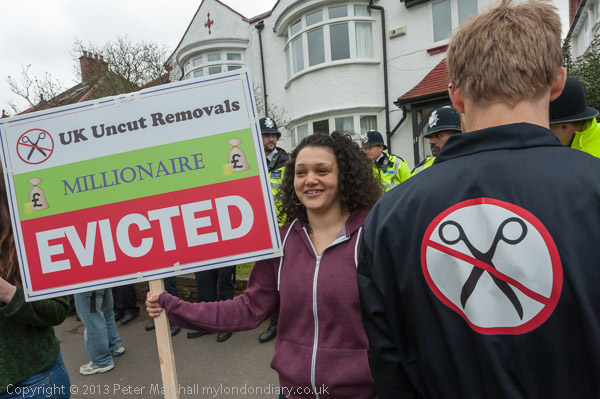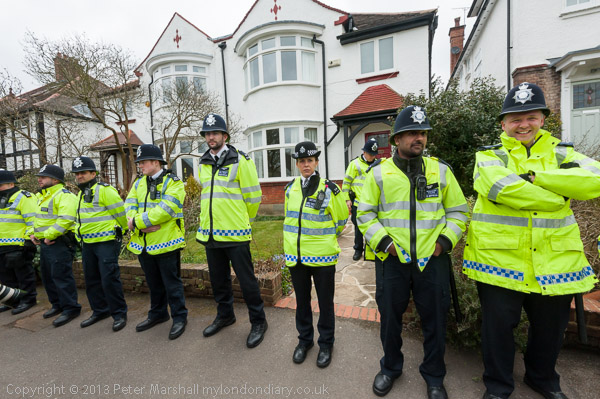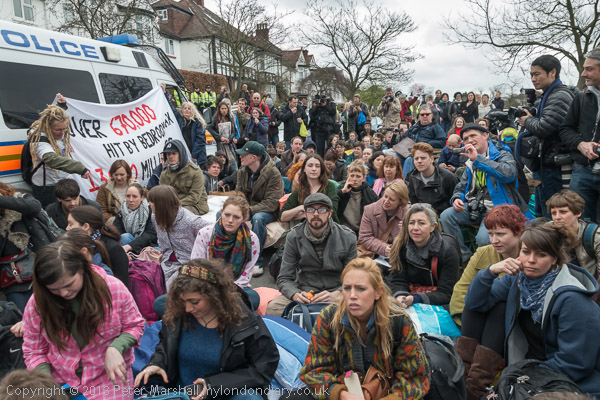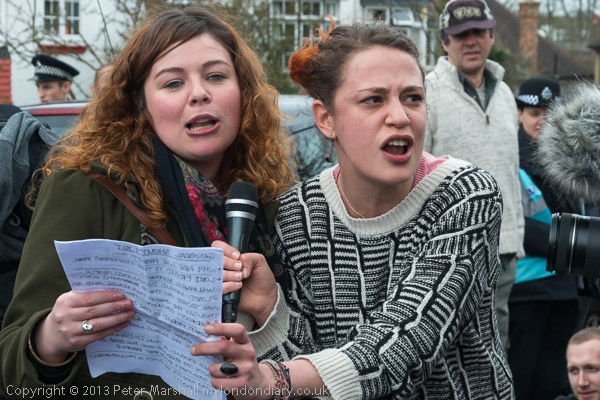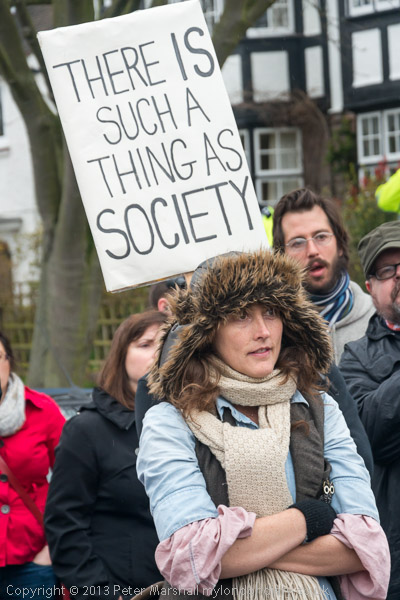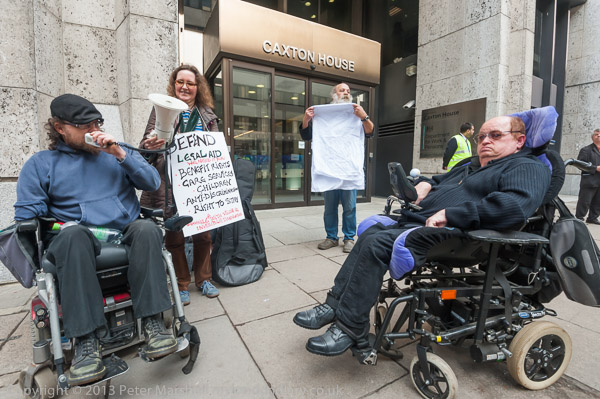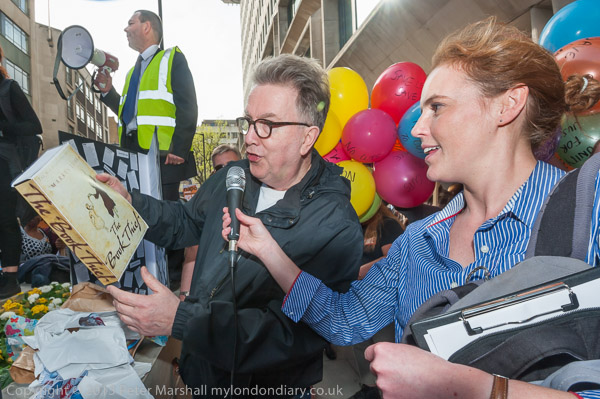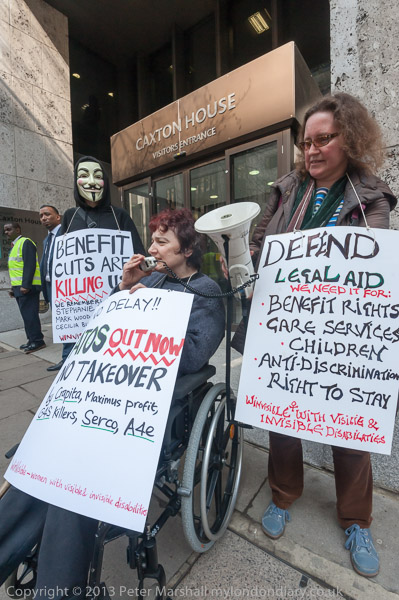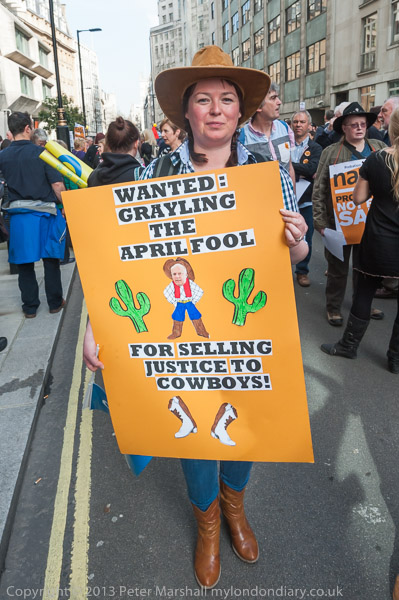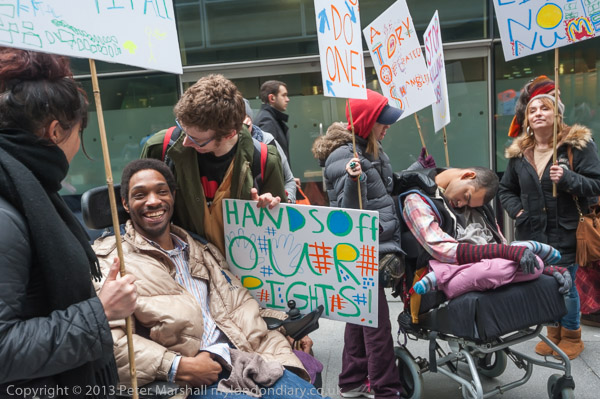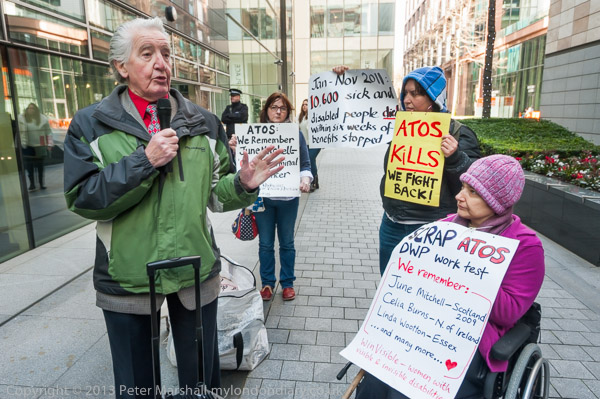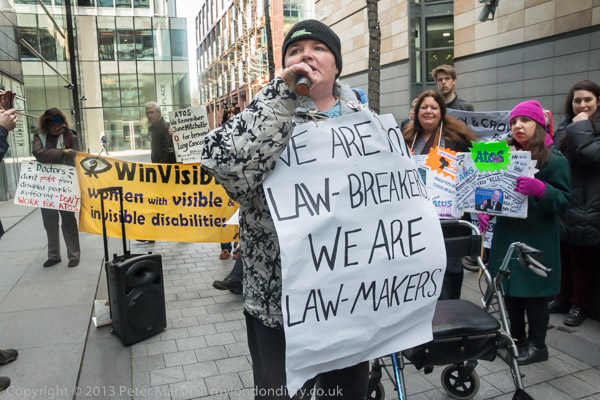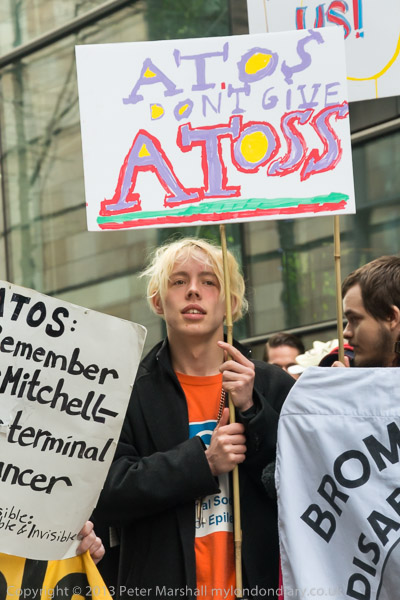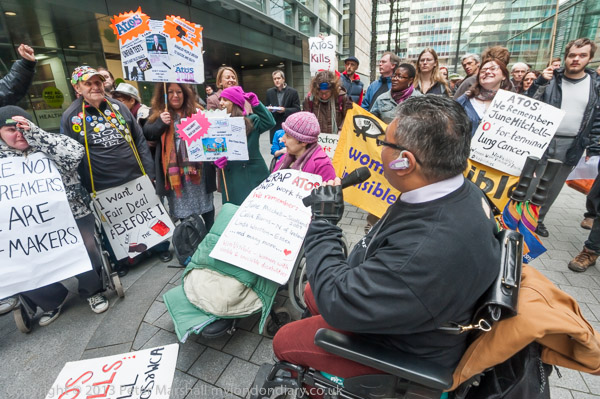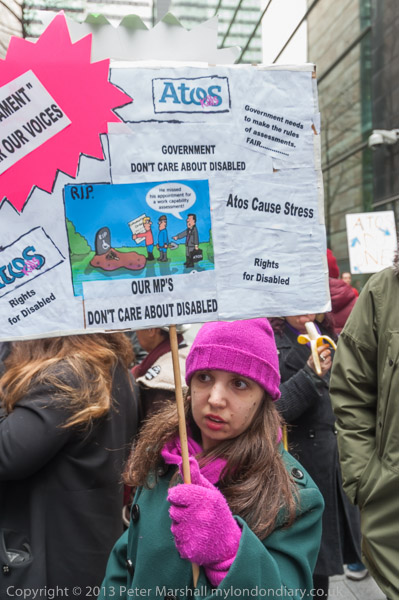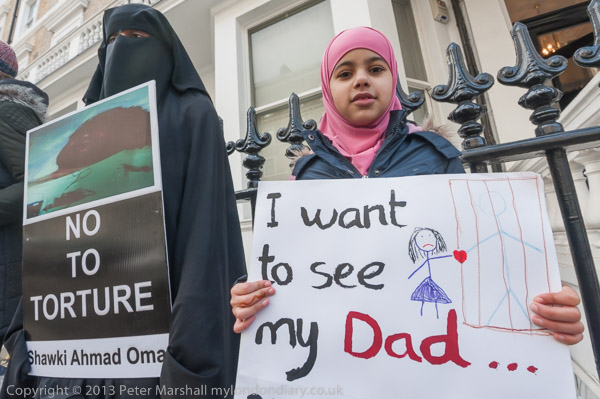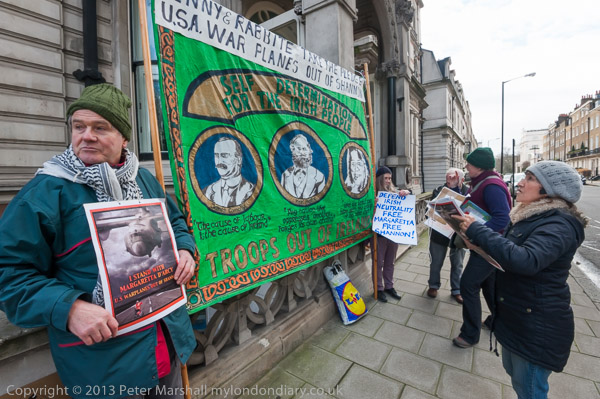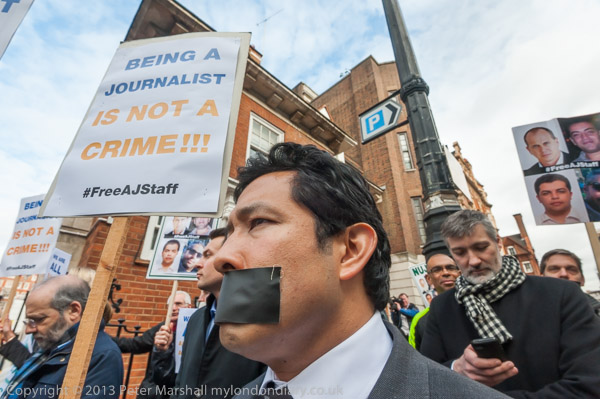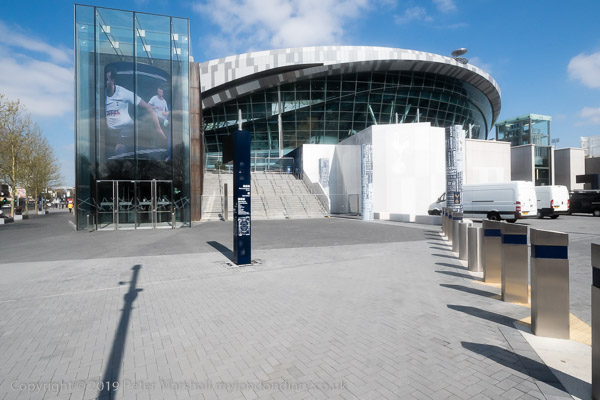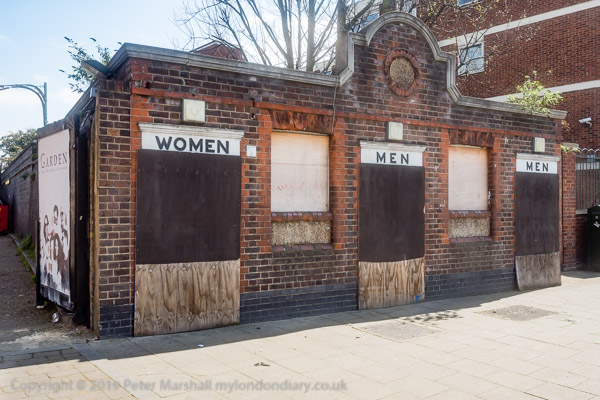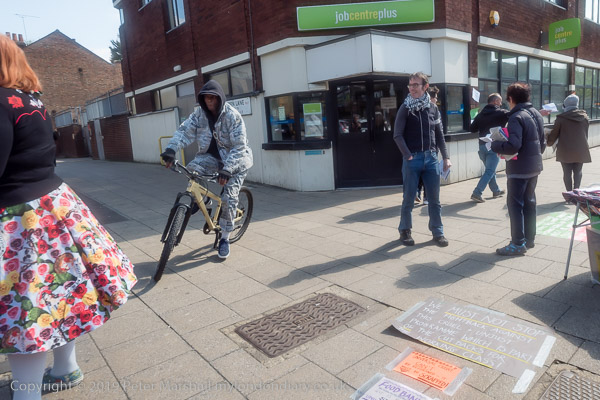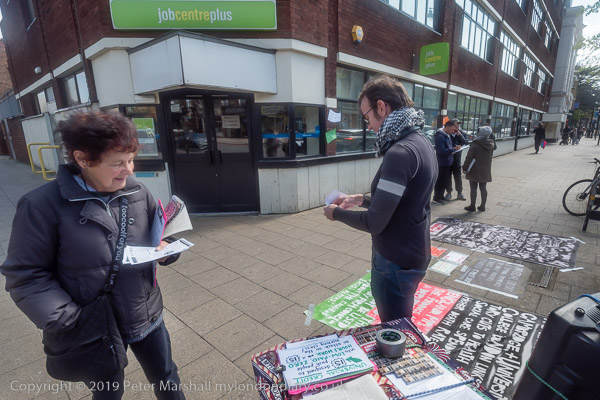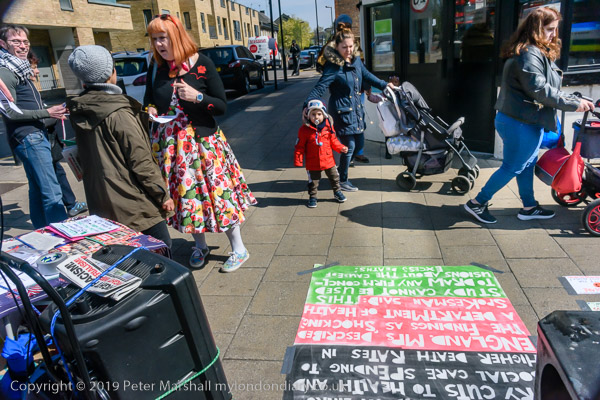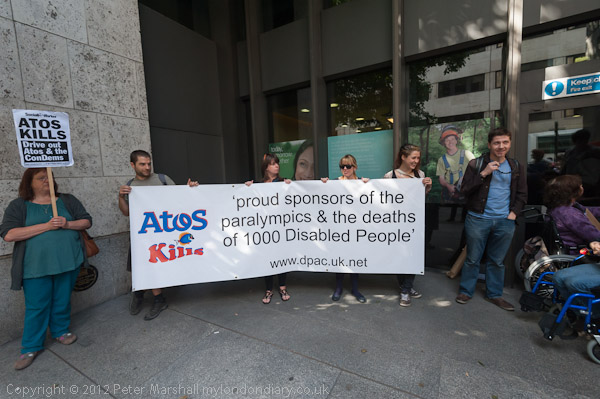
2012 was of course the year that London suffered the Olympics, which had been creating problems in East London since London was awarded the games in 2005. I’d photographed a number of event related to the games, both protests against it and others using it as a theme, as well as taking pictures around its perimeter and views into the site on Stratford Marsh, an area I’d photographed since the 1980s and which features strongly in my 2011 book ‘Before the Olympics‘.
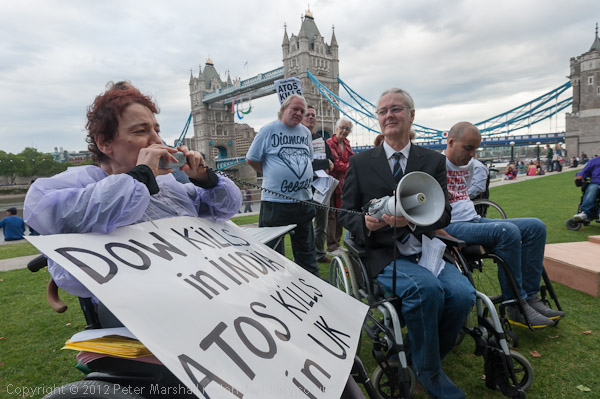
With the games came the Paralympics, held a few days after the end of the main event on 29 August to 9 September 2012. Although these games were generally held to be a great success, and to have considerably raised the profile of disabled sport, there was criticism from many disabled groups about IT company Atos being the technology provider and sponsor of the games.
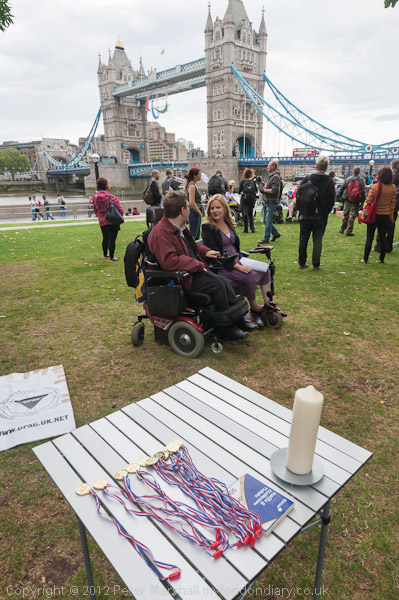
Atos was responsible for the work capability assessments for the Dept of Work & Pensions, and had clearly been both incompetent and discriminatory in this, finding many disabled people incorrectly fit for work to meet targets designed to cut the cost of benefits. Many who appealed the decisions were found to have been incorrectly assessed, but often shortly after this were called for another assessment and again wrongly found fit. It drove some disabled people to suicide.
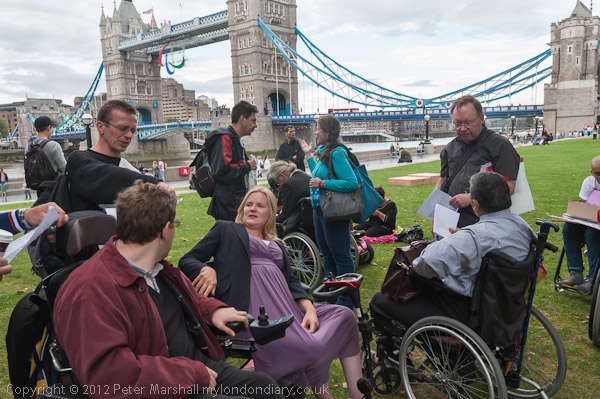
Some disabled athletes obscured the Atos logo on their passes in protest, while activist groups led by Disabled People Against Cuts (DPAC) organised a week of action against Atos to coincide with the Paralympics, beginning with a spoof Opening Ceremony for the Atos Games in front of Tower Bridge.
DPAC made it clear that this is not a protest against sports or those taking part in the Paralympics, but against the government and Atos:
"We’re not against the Paralympics or the people taking part in it. We’re highlighting the hypocrisy of Atos, a company that soon may be taking disability benefits from the people winning medals for Team GB.
Ever since George Osborne announced he was slashing £18 billion from the welfare budget, the government has paid Atos £100 million a year to test 11,000 sick and disabled people every week, then decide whether they’re ‘fit for work’."
One of those taking part in the opening ceremony was Tara Flood a Paralympic swimmer who won a gold medal in the 1992 Barcelona Paralympic games as well as 2 silver and 4 bronzes there and in the two other games she took part in. Along with two activists in wheelchairs she got on the podium and was awarded another gold medal and the others silver and bronze.

Then along came an ATOS doctor who administered a fitness for work test, first on Tara. She was found fit to work and the gold medal was cut off and her disabled parking card taken away; the others were also found fit to work, losing their medals and benefits too.
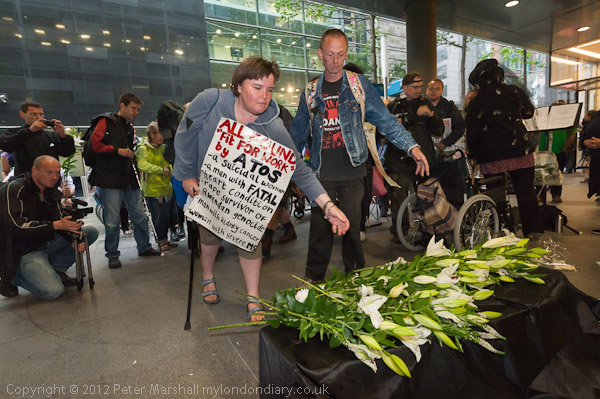
The ATOS Games continued, and on Wednesday 29th I photographed DPAC deliver a coffin to the ATOS offices in Triton Square. Friday 31 saw them again outside the ATOS offices for the Closing Atos Ceremony which included the Atos Miracle Cure, making disabled people fit for work.
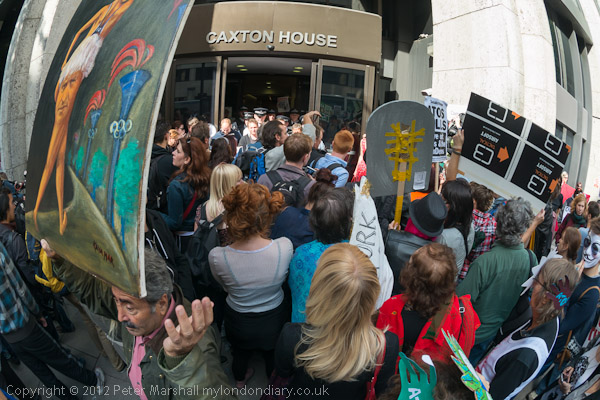
As the closing ceremony was coming to an end there was a special announcement that there would be another action elsewhere and eventually we learnt that some disabled activists had entered and occupied the lobby of the DWP.
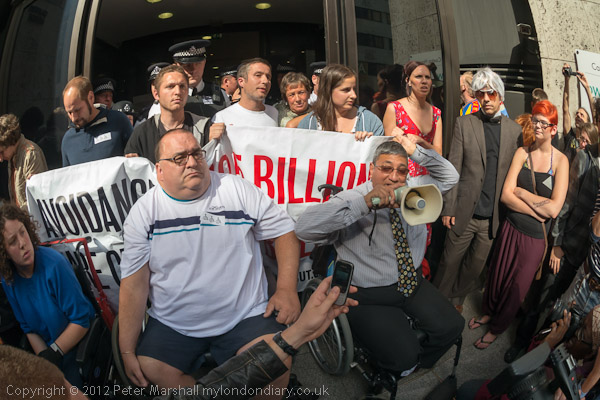
I jumped on a bus, but should have taken the underground as the traffic was heavy in places, but I still got there before the main crowd who had travelled from the protest at the Atos offices. Police would not let them join the 20 or so who were inside so they protested on the pavement in front of the building. There were speeches and then a lot of minor scuffles when police tried to push the protesters back and I had to leave before the protest ended.
More on My London Diary:
DPAC Occupy Dept of Work & Pensions
Closing Atos Ceremony
Disabled Pay Respect to Atos Victims
Opening Ceremony for the Atos Games
All photographs on this and my other sites, unless otherwise stated, are taken by and copyright of Peter Marshall, and are available for reproduction or can be bought as prints.
